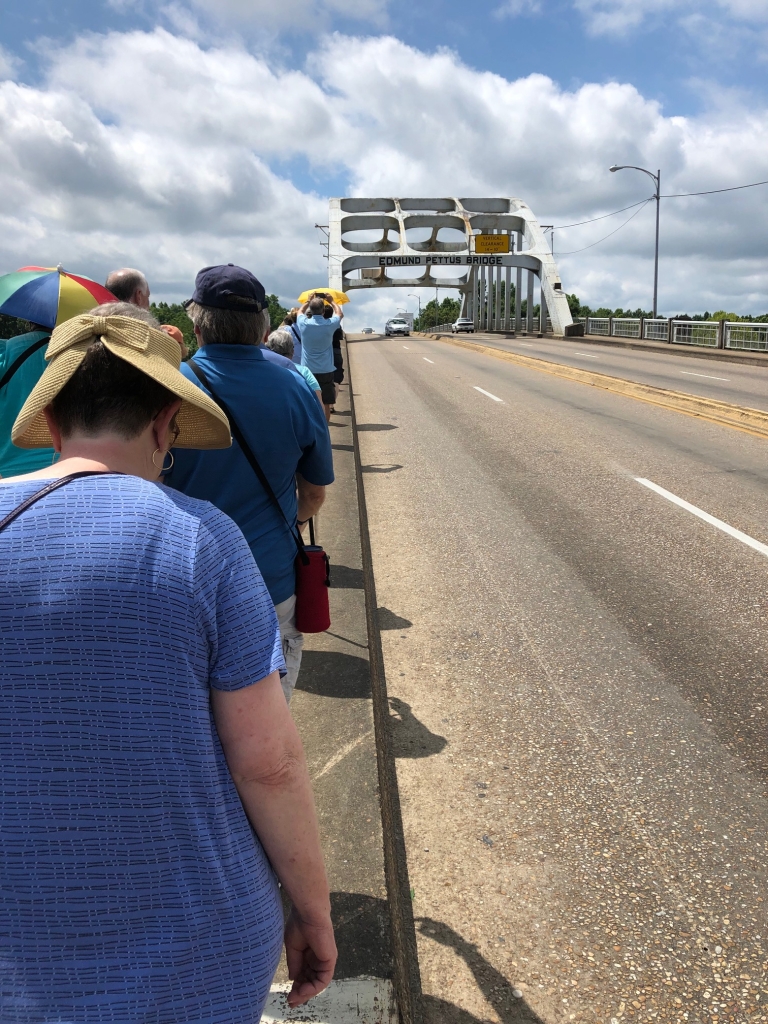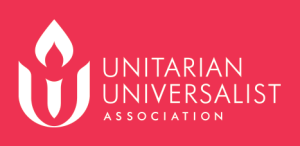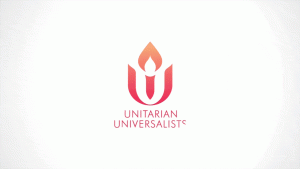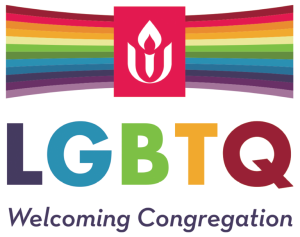The second principle: Justice, equity and compassion in human relations

Larry Hayes and Dr. Toni Kring are a married couple. Larry wrote editorials for The Journal Gazette from 1973 to 2000; for most of that time he was the editorial page editor. Toni was a teacher and administrator in the public schools, including 14 years as a principal and 12 as assistant superintendent for Southwest Allen County Schools.
(The format for this “interview” is different from the others not only in that it draws attention to two people but because Larry’s statements are taken from a book he wrote shortly after he retired titled Monday I’ll Save the World. Sadly, Larry’s failing memory no longer allows him to answer questions about his work and how it relates to UU principles, but, as a person who worked closely with Larry the last 13 years of his career, I will attest he was walking the talk of his beliefs. – Evan Davis)
Much of Larry’s most impactful writing addressed the long-delayed desegregation of the Fort Wayne elementary schools. Not only did he write strong editorials, but he worked behind the scenes to help create the legal team that ultimately won the battle.
“I saw a powerful connection between our neglect of black children and the city’s wellbeing,” Larry wrote. “The refusal to desegregate the elementary schools … was a stain on the city’s reputation.” While the city saved itself from a big flood in 1982, Larry noted, he wondered “were we losing our soul because the school district refused to end the racial isolation of black children?”
Another major theme in Larry’s work was advocating for the mentally ill, especially those in the criminal justice system. He wrote many editorials defending the post-conviction rights of Donna Ratliff and Joe Corcoran, both of whom took multiple lives in violent incidents. He prompted the Fort Wayne Police Department to give officers special training in working with the mentally ill. He was also a strong public advocate for the development of the Carriage House, a day program for persons with serious mental illnesses.
Larry pushed hard to have the teen-age Donna kept out of women’s prison. He described the transformation he saw in her at the Crossroad facility for troubled youths. “At Crossroad, Donna’s adult role models weren’t criminals who might even be mentally ill. They were responsible adults trained in dealing with screwed up kids. They cared about Donna, and it showed.”
Toni writes that she and Larry talked often about the mental health and social problems she saw among children in her schools. She spent a great deal of time working with the students whom she called her “frequent flyers,” meaning they were often referred to the office for behavior issues. The parents were important in this process and she worked to ensure they were “all on the same page.” She also came to understand that the discipline referrals were sometimes written in haste without a teacher’s full knowledge of who did what. When this occurred, she and the student would go to the teacher and discuss what took place, which usually resulted in no disciplinary action.
Toni became involved with gender equity when the state of Indiana wanted to change the state constitution to permanently prevent marriage equality. She had friends in the LGBTQ community and often said she couldn’t understand how gay and lesbian marriages endangered the marriages of heterosexuals. She became involved in a community effort formed to overcome this bill. She held house parties to write letters to legislators, made calls to ensure the work was on target among the volunteers, spoke on behalf of the effort to stop this bill and traveled to the Statehouse to speak with her legislators. Before the year was over the U.S. Supreme Court allowed marriage equality – a real satisfaction!
Toni added a personal reflection —
I’ve spent a lot of time thinking about how Larry and I came to be advocates for social justice. Our parents didn’t volunteer in an organized manner, but always had the time to help individuals whether they knew them well or not. What was true was that all four parents were positive about people – they didn’t speak ill of anyone or demonstrate an unwillingness to help.
As we took our place in the community, we always followed that model but went beyond that to reach out to others. And we did that by listening, researching and learning the scope of the issues. We took the time to do these things and that made the difference.



